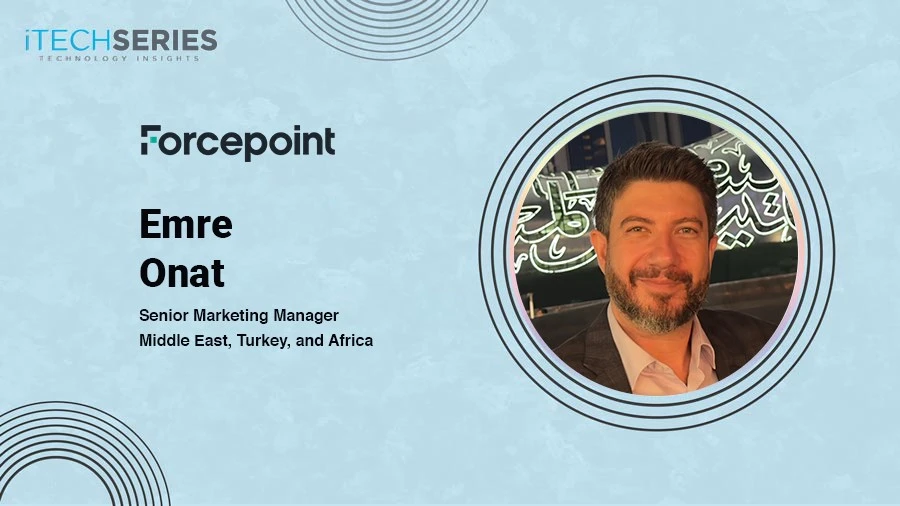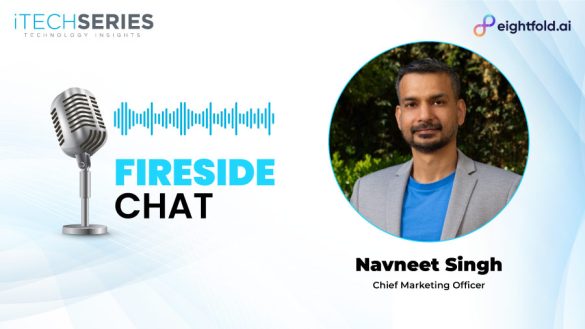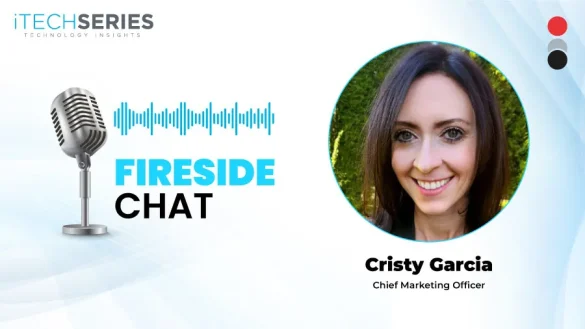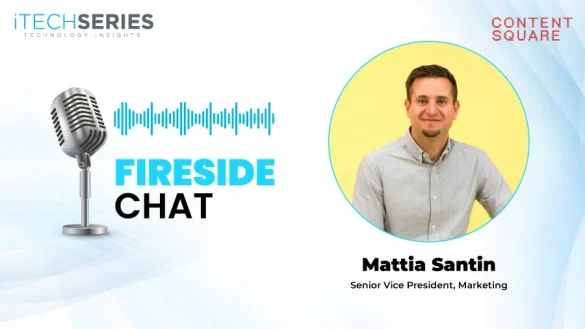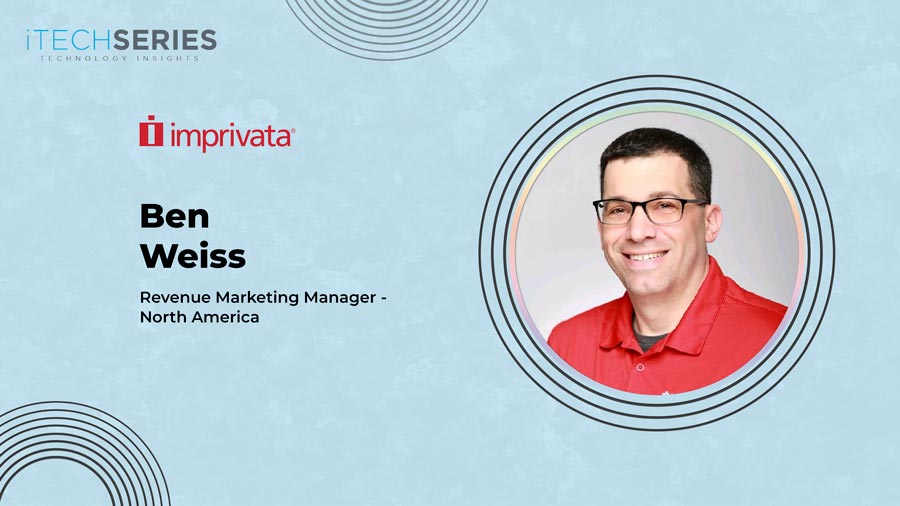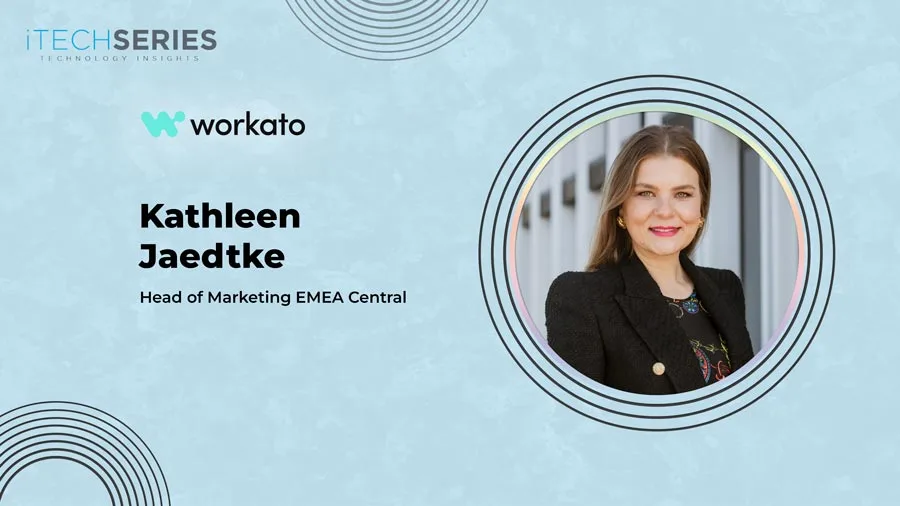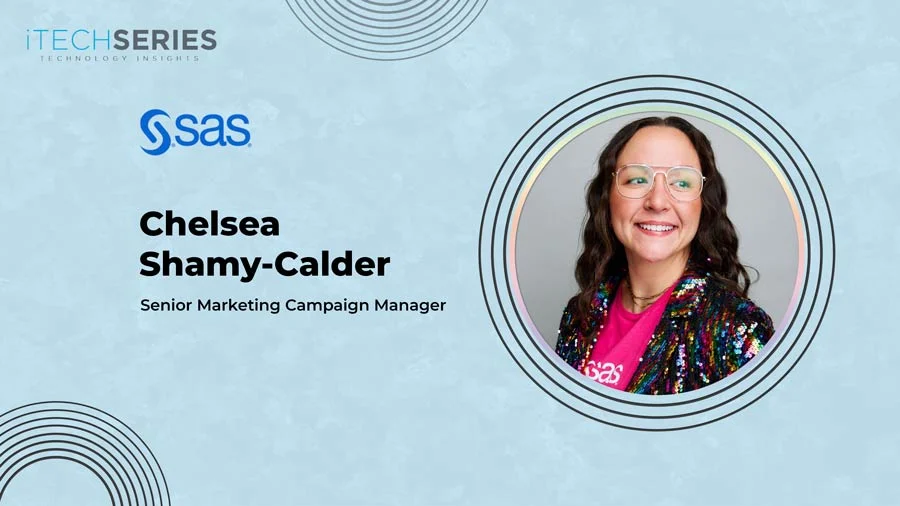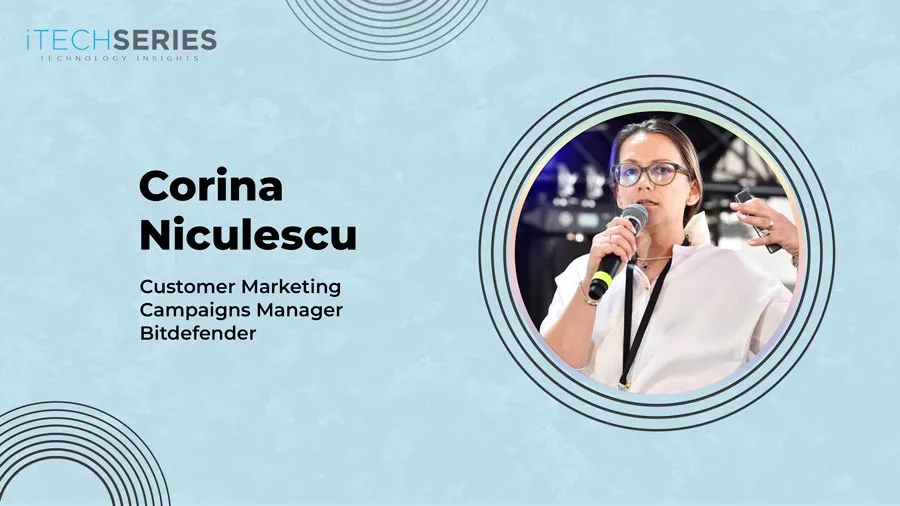Emre Onat, Senior Marketing Manager at Forcepoint, has 16+ years of experience in cybersecurity and IT, specializing in ABM, lead management, and campaign execution. He shares insights on aligning marketing with sales, optimizing budget allocation, driving pipeline growth, and enhancing customer retention, transforming marketing into a revenue enabler through data-driven, strategic execution.
It’s a pleasure to have you in this interview, Emre. Could you begin by telling us more about yourself and your marketing journey?
Thank you for having me! My marketing journey has been an exciting one, spanning over 16 years in B2B marketing, primarily in the cybersecurity and IT sectors. I spent all this time with 4 major IT companies in 3 different countries, where I developed a passion for aligning marketing with sales to drive real business outcomes. Over the years, I’ve led go-to-market strategies across different regions, mainly in the Middle East, Turkey, and Africa, balancing both the creative, strategic, and analytical parts of marketing.
What elements contribute to a compelling brand message, and how do you ensure consistency across all marketing channels?
A compelling brand message is built on three key pillars: clarity, relevance, and emotional connection. It needs to be simple yet powerful, addressing real customer pain points while differentiating the brand from competitors. Ensuring consistency comes down to having a strong brand narrative, clear messaging frameworks, and tight collaboration across teams. At the end of the day, every touchpoint—from a LinkedIn advertorial to a sales deck—should reinforce the same core story in a way that feels natural, not forced.
How do you foresee the role of marketing evolving with increased coordination among sales, customer success, and RevOps teams?
Marketing is no longer just about top-of-funnel awareness—it’s deeply embedded across the entire customer lifecycle. As coordination between sales, customer success, and RevOps grows, marketing needs to act as a bridge, providing insights, content, and engagement strategies that support each stage of the journey. The focus will shift even more toward data-driven decision-making, personalized experiences, and retention-driven growth. Simply put, marketing will become a revenue enabler rather than just a lead generator.
What are some of the key go-to-market challenges and opportunities within the META region?
META is a diverse and high-growth region, but that also brings unique challenges. The biggest one is market fragmentation—each country has its own economic dynamics, regulatory landscape, and business culture. Digital adoption varies widely, meaning a one-size-fits-all approach doesn’t work. That said, the opportunity lies in the region’s rapid digital transformation. Cybersecurity, in particular, is a top priority, and businesses are actively looking for solutions. The key to success is having a localized, insight-driven strategy that resonates with each market.
How do you strategically allocate your marketing budget across different channels to maximize impact and optimize resource utilization?
It’s all about balancing short-term wins with long-term brand building. We try to take a data-driven approach, prioritizing channels that directly contribute to pipeline and revenue while leaving room for innovation. A strong mix typically includes digital demand generation, high-impact content, strategic events, and account-based marketing (ABM). We also leverage our partner ecosystem using our market development funds to scale further for demand generation.
“Marketing is no longer just about top-of-funnel awareness—it’s deeply embedded across the entire customer lifecycle.”
Tell us about your most memorable marketing campaign experience.
One of the most memorable campaigns I worked on was an account-based marketing (ABM) initiative targeting high-value enterprise accounts for a specific segment. Instead of a broad approach, we crafted highly personalized content, microsites, and direct mail experiences tailored to each company. Each of the account managers and channel account managers were involved. The engagement levels were incredible—we have created and influenced quite a number of big opportunities as a result.
Customer marketing is crucial for retention and expansion. How can businesses strengthen relationships with existing customers to foster long-term growth?
Retention starts with value. Businesses need to go beyond just selling a product—they need to continuously educate, engage, and empower their customers. This means investing in community-building, executive roundtables, and exclusive customer programs. Also, leveraging data to anticipate customer needs and proactively solving challenges goes a long way in building trust and loyalty. A strong customer advocacy program can turn satisfied customers into brand champions, which is the best marketing you can ask for.
In terms of reporting, which are the most important metrics to track for evaluating the success of a campaign?
Pipeline contribution and revenue impact are the ultimate measures, but engagement metrics like conversion rates, content consumption, and account penetration provide critical early insights. We also track return on marketing investment (ROMI) to ensure efficiency and optimize resource allocation. Additionally, we monitor sales velocity and customer acquisition cost (CAC) to assess campaign effectiveness. The key is connecting marketing performance to business outcomes, not just vanity metrics, ensuring that every effort drives tangible growth and supports overall revenue goals.
What is one piece of advice you would offer to aspiring marketers?
Stay curious and never stop learning. Marketing is constantly evolving, and the best marketers are the ones who adapt, experiment, and challenge the status quo. Build a strong foundation in both strategy and execution, but also develop cross-functional knowledge—understanding sales, and being with customers, and partners will make you a more valuable marketer. And most importantly, always tie your work back to business impact. Creativity is great, but the results are what truly matter and what businesses expect.
Forcepoint is a leading cybersecurity company that simplifies security for global businesses and governments. The company’s Data Security Everywhere architecture makes it easy to adopt Zero Trust and prevent the theft or loss of sensitive data and intellectual property no matter where people are working. Based in Austin, Texas, Forcepoint creates safe, trusted environments for customers and their employees in more than 150 countries.
Emre is a seasoned B2B marketing leader with over 16 years of experience in cybersecurity and IT, specializing in direct marketing, ABM, lead management, and campaign execution. With a strong international background across EMEA, he has generated millions in pipeline opportunities and aligned marketing with sales to drive impactful business outcomes. Recognized globally for marketing excellence, he has successfully led complex go-to-market strategies, managed cross-regional projects, and driven growth across multiple regions.

